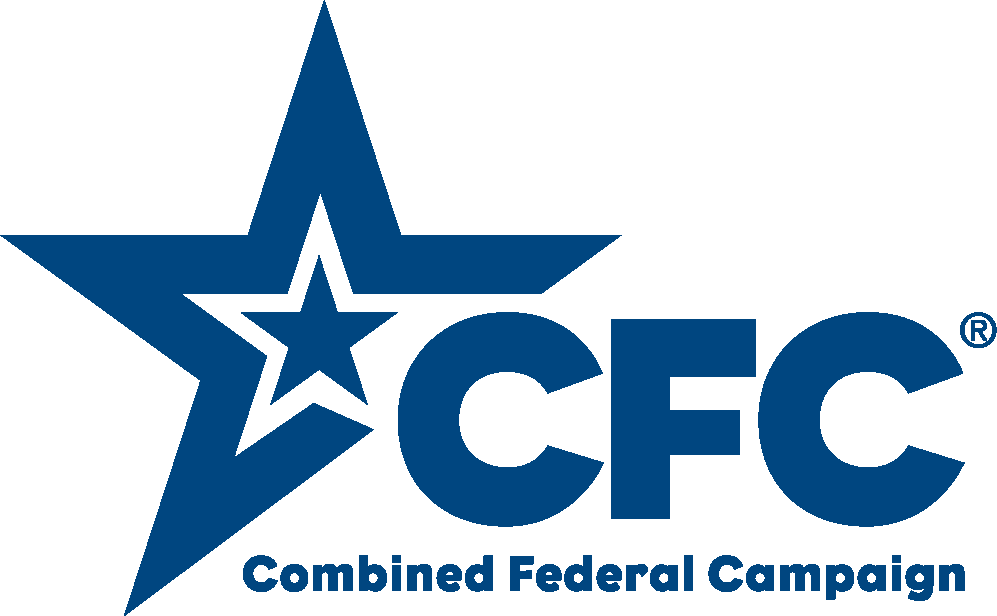
This D’var Torah, or “word of Torah,” is a guest post by Rafi Glazer, a member of JUFJ’s Montgomery County Leadership Council.
We are in that time of year where it is usually very difficult to find something meaningful to write a d’var torah about. The book of Devarim is basically one very long speech by Moses giving a recap of the Israelites’ 40 years in the desert. You are very likely to come upon chapters about the garments of the priests, or a travel log of all the places the Israelites went, or something else.
So, it was a pleasant surprise that this week’s portion, Eikev, is basically the mission statement of JUFJ.
Don’t believe me? Let me convince you.
- If the Israelites observe God’s commandments, they will be blessed in a variety of ways, including a lovely description of the fruitful and bountiful land of Israel. What is more JUFJ than painting a picture of what awaits us if we do the hard and important work of crafting laws that help elevate everyone?
- Even though God can give us this great bounty, he can also take it away. With this newly found fortune, don’t forget that it was provided by God or about all the hard work the Israelites did to get there. If you forget how important the struggle was, it is likely to lead to destruction and ruin. If we at JUFJ ever think that how we got here was easy, it will make us complacent and unlikely to keep striving for equity for everyone.
- Moses then moves on to the Golden Calf episode, not exactly our finest moment as a nation. But from that mistake, we got the second set of the Ten Commandments, and the Levites became the priestly class because they stayed devoted to God. In the same way, we see that badly written bills, or laws that ignore certain communities, can lead to eventual good as we focus our attention and energy on crafting new, stronger legislation that supports all those who could use some extra help.
- Toward the end of this Torah Portion, we have the second paragraph of the Shema prayer. Along with reiterating that following God’s commandments will lead to good harvests, rain, and other fortune, the Israelites are also commanded to put these words into prayers, and tefillin and mezuzot, physical identifiers that say to anyone who can see them that this just world of God’s commandments is what makes us who we are. In the same way, our JUFJ T-shirts, pins, voter guides, and other swag help tell anyone who will listen that our values drive who we are and how we act.
So, I hope I have given you enough examples from the Torah portion. If ever there was a top 10 list for Torah portions that reflect the story and values of JUFJ, I think this one should rise to the top. And it is a constant reminder to always push forward and remember the hard work that got us here. Thank you.





